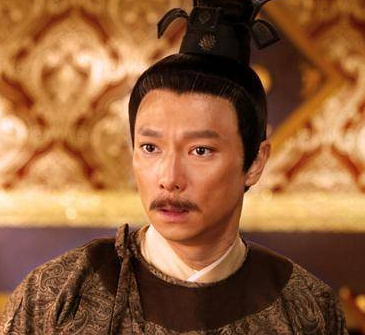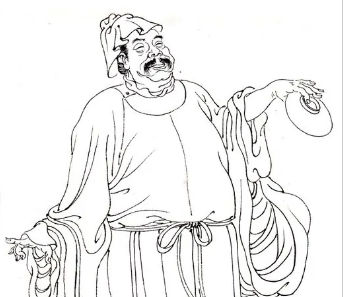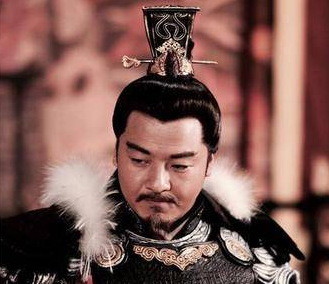In ancient China, the emperor possessed supreme power, including the honor of granting royal surnames to meritorious officials or other contributors. This act of conferring surnames was not only recognition of personal or familial loyalty and achievements, but also a political means to consolidate royal power. However, such measures posed both glory and challenges for the original families. This article will explore the significance of ancient emperors conferring surnames and the strategies adopted by the families receiving these surnames.

I. Significance of Emperor Granting Surnames
The emperor granting surnames was the highest affirmation of an individual or family's outstanding contributions, often indicating a certain form of affiliation with the royal family. This affiliation not only elevated the social status of the recipient but also potentially brought political privileges and economic benefits to their family members. At the same time, it was one of the emperor's means to show favor and win over people's hearts.
II. Responses of the Original Families
1. Acceptance of the Granted Surname: In most cases, families receiving surnames felt deeply honored and gladly accepted this distinction. They might change their family surname to show loyalty and gratitude to the emperor.
2. Maintenance of the Original Surname: In some cases, if the original family had a long history and profound heritage, they might choose to retain their original surname instead of adopting the granted one entirely. This approach allowed them to preserve their family traditions while still gaining the emperor's favor.
III. Strategies Adopted by the Families
1. Enhancing Family Cohesion: After receiving a surname, the family needed to re-establish internal identity and cohesion to ensure that family members would not be estranged due to the name change.
2. Elevating Family Status: The conferral of surnames was often accompanied by rewards and privileges from the emperor. Families could utilize these resources to elevate their political status and social influence.
3. Safeguarding Family Interests: Despite the glory brought by receiving a surname, families also needed to be vigilant against envy or political strife that might arise. They needed to act cautiously to protect their interests from harm.
Conclusion:
The act of ancient emperors granting surnames was a unique political and cultural phenomenon. It not only embodied the majesty and favor of royal power but also had a profound impact on the families receiving these surnames. For these families, the challenge lay in maintaining their unique characteristics and interests while accepting the glory. Through reasonable strategies, families receiving surnames could not only elevate their social status but also solidify their footing in the complex political environment.
Disclaimer: The above content is sourced from the internet and the copyright belongs to the original author. If there is any infringement of your original copyright, please inform us and we will delete the relevant content as soon as possible.
































